Born in Philadelphia in 1821, Jonathan Clarkson Gibbs went on to become a minister, an abolitionist, and one of the most prominent Black officeholders in Florida during the Reconstruction era. On Jan. 23, 1873, Gibbs was appointed the Superintendent of Public Instruction by incoming Florida Governor Ossian Bingley Hart, the sole Black cabinet member to be appointed. Gibbs held this position until his death in August 1874.
According to BlackPast,
Gibbs was appointed Superintendent of Public Education, a position created by the Reconstruction Era Florida legislature. In that office Gibbs supervised every county’s standard of education and established uniform textbooks throughout the state. Though the standards for education had improved throughout Florida, he called racial segregation in the schools, which was also mandated by the state legislature, divisive for the overall advancement of education.
As a young man, Gibbs studied at Dartmouth College — where he was one of the first Black student to graduate — and the Princeton Theological Seminary. Utilizing his oratory skills as a minister, Gibbs became involved with the abolitionist movement and the Underground Railroad. He was active in the Colored Conventions Movement, and his writings were published in The Liberator, The National Anti-Slavery Standard, and other abolitionist journals of the time.
Gibbs returned to Philadelphia following emancipation, where he delivered the famous “Freedom’s Joyful Day” speech. He went south in 1864 to offer aid to formerly enslaved people, and opened a school for the children of freedpeople in Charleston, South Carolina the following year.
Gibbs moved to Florida in 1867 and was one of only 18 Black delegates elected to the 1868 Florida Constitutional Convention — the first held during Reconstruction. He helped form the radical faction, which was ultimately overwhelmed by conservative delegates. Gibbs then became Florida’s first Black Secretary of State, a position he held from 1868 to 1873, when he was named Superintendent of Public Instruction.
Following Gibbs’ death in 1874, his son, Thomas Gibbs, introduced legislation in 1885 that paved the way for Florida A&M University in 1887.
Jonathan Gibbs became Florida’s 4th Superintendent of Public Instruction in 1873 after serving as its first and only Black Secretary of State. Gibbs advocated for education as a civil right in the 1868 Constitution and oversaw a rapid expansion of public education. pic.twitter.com/1qgZxe7G9i
— P. Gabrielle Foreman (@profgabrielle) March 30, 2023
As the first Black superintendent of schools, Jonathan Gibbs supervised every county’s standard of education and established uniform textbooks across Florida. I hope his ghost is haunting Ron DeSantasis and Florida state legistlators who undermine and attack public education.
— P. Gabrielle Foreman (@profgabrielle) March 30, 2023

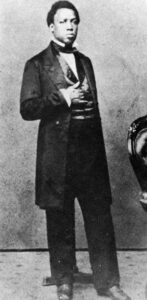
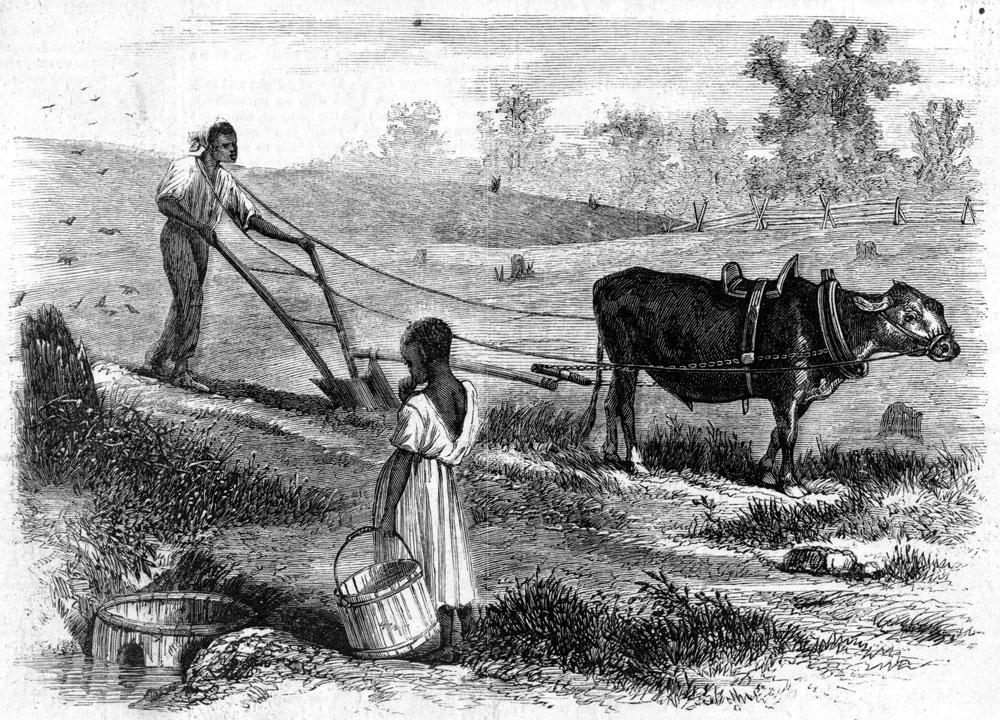
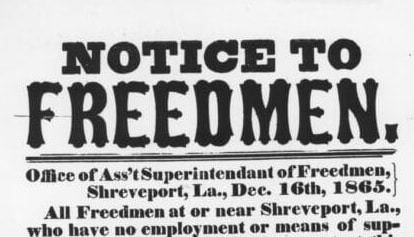
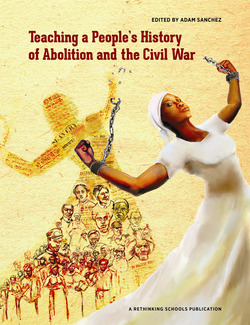

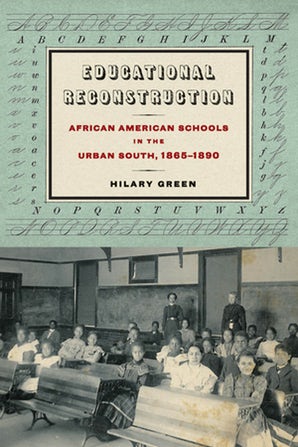
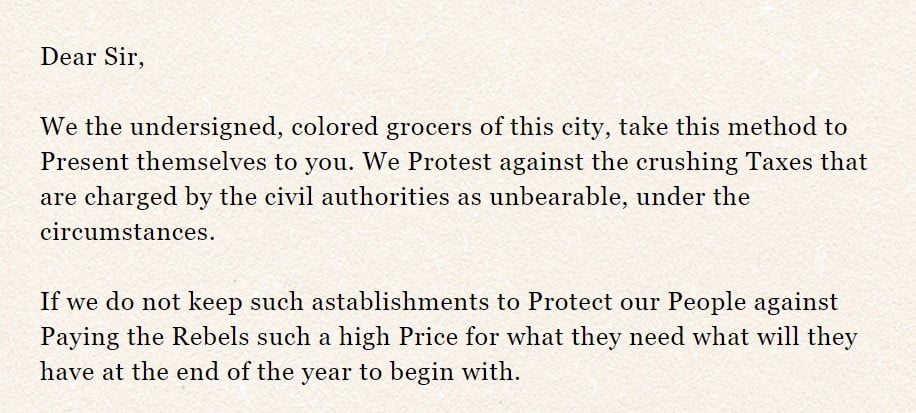
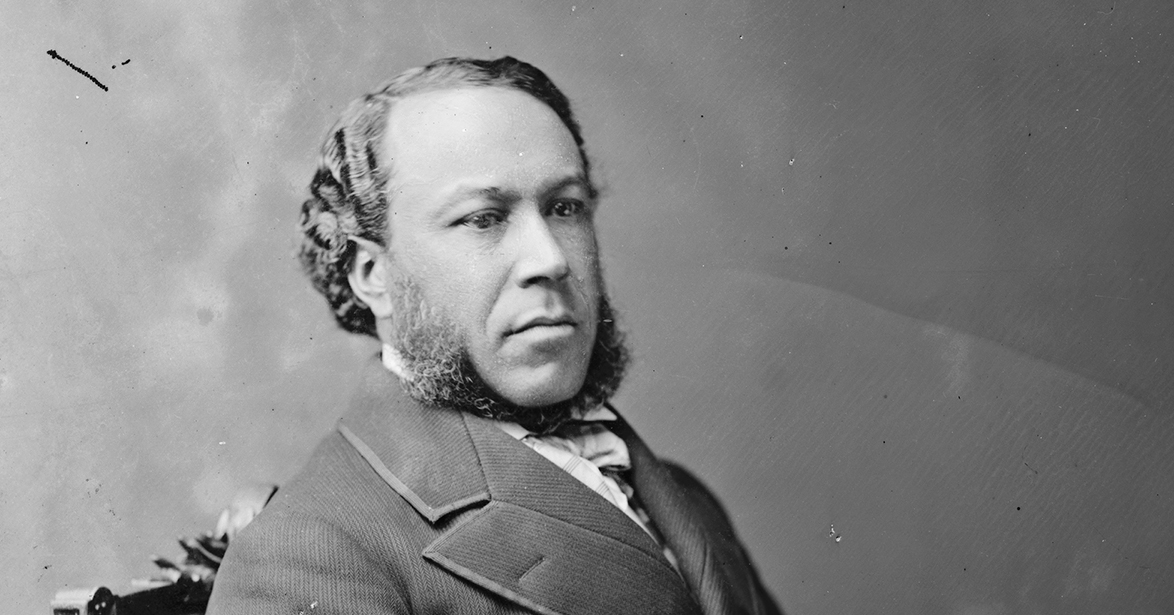
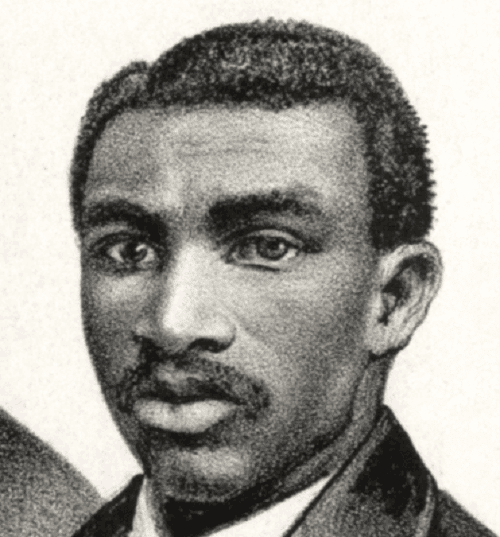





Twitter
Google plus
LinkedIn